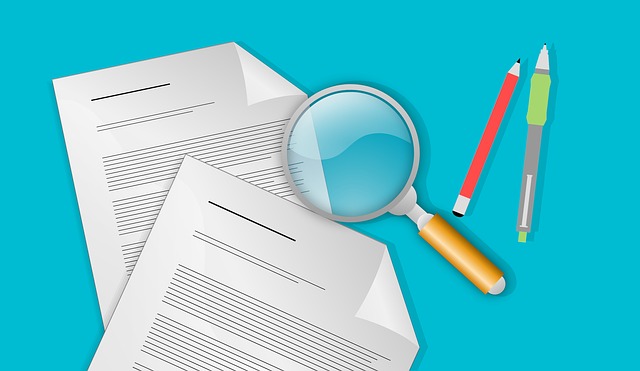The sales tax act mentions the provisions for administering and levying the sales tax. Sales tax filing is mandatory for every businessperson. The government conducts the sales tax audit from time to time. Auditing is a time-consuming process and could be quite frustrating. It is always better to pay your sales tax on time and keep your records and books up-to-date.

It is necessary to comply with the sales tax rules. You need to know about tax rates, statutory rules and tax boundaries and the changes introduced in these from time to time. As a business owner, you should be aware of the best practices to be followed in order to deal with sales tax audits. We have mentioned a few sales tax audit tips for retailers:
Knowing your sales tax nexus
The relationship between the state and the seller is defined by the sales tax nexus. As a business entity, you need to collect and pay sales tax to the state for doing business in that state. Nexus incorporates your business, employees, warehouses, and inventory. The taxing jurisdiction has to clearly define the sales tax nexus in order to impose sales tax rules on business. The nexus rules are different for different states and keep on changing. The sales tax rules are also applicable to e-retailers.
Things to do
- Look for any rule changes in your sales tax nexus
- Register business in the states where it’s required
- See if you have unknowingly created nexus in a jurisdiction (this applies to the sales people who have physically entered a state to conduct business, using contract labor, owning or leasing real or personal property in a state, taking part in the trade shows)
- Follow best practices to avoid audit risk
- Consider the consumer use tax
When the seller collects and remits the tax, it is known as sales tax. When the consumer (buyer) collects and remits tax, it is called consumer use tax. A business purchases goods from outside the state or it may buy online also. The manufacturers and distributors buy goods for their use known as tangible personal property (TPP). When a business withdraws goods from inventory for its own use, it has to pay use tax (these are the goods on the purchase of which the business had not paid any sales tax). Make a self-assessment of use tax accrued and pay it to the state and/or local tax authority on a tax return.
Also Read: Garageband For PC: How to Install Garageband on Windows PC?
Sometimes it happens that what you think is exempt from tax is actually taxable. If a company sale goods and provides service as well, the service may be included in the tax base. But this service when provided alone might be free from tax.
Things to do
- Have a written use tax policy
- Know the state taxability rules on the goods you are selling
- Gather information regarding the changing exemption certificate rules
Businesses should track and file the exemption certificates
The exemptions apply on the basis of the buyer (as in case of non-profit organizations) or the use of the goods sold (like for resale). The seller should obtain an exemption certificate from its buyer. Make sure the exemption form is the correct one and the exemption period mentioned has not expired. The businesses should create an audit trail for certificates. Know about the product and service exemption rules in each jurisdiction in which you are doing business.
Things to do
- Get the report of the summary of exemption certificate
- Follow best practices for exemption certificates to avoid audit risks ( not generating summary report on time, inaccurate, incomplete, missing or expired certificates)
- For errors, reach out to the buyers for correction before audit.
Understand the rules regarding sales tax remittance and use tax returns
You need to know everything regarding sales tax filing like which form you need to fill, where will you file sales tax, what is to be included in the returns, etc. Take the help of tax experts if needed. You can install software for doing tax related work.
Things to do
- Enquire for changes if any in the tax filing schedule
- Enquire for new e-filing laws if implemented in your area
- Follow best practices to avoid filing errors (fail to prepay if required, late payment, payment to incorrect jurisdictions)
Ask for help
You can get more tips and knowledge from various resources such as
- Sales tax holidays
- Table of Department of Revenue websites
Also, see how other businesses are dealing and learn from their experiences and solutions.
Leave a Reply